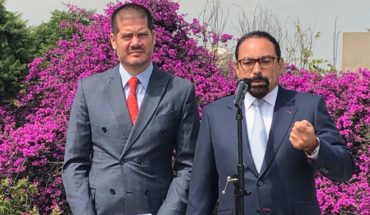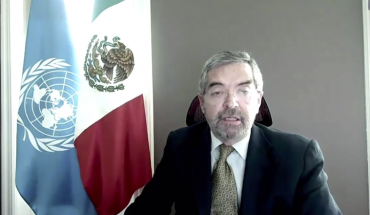The installation of a Constitutional Convention is undoubtedly a historical milestone in the history of the country, as well as a fact of constant interest to citizens. For this reason, Our Voice in alliance with Plataforma Telar analyzed the evolution of the emotions of more than 300 women in the face of the constituent process.
For this study, different non-representative panels composed of women from different camps in the country, young people and adolescents involved in politics and activism, and women experts in public issues were surveyed monthly from August to December 2021.
The findings reveal that positive emotions such as hope and joy predominate among respondents. For example, the CNN panel – open to any woman – has 75% of positive impressions, while the space composed of university students and activists presents 67% of positive feelings.
In the territorial panel, where beneficiaries of different NGOs participate, 51% of joy and hope are observed. Finally, the section of experts in public issues manifests 50% of positive emotions.
However, relevant percentages of negative impressions such as discouragement, fear, uncertainty and distrust are also recorded. When analyzing the months in which negative emotions increase, it is observed that these periods coincide when there is greater media coverage linked to controversies around the Constituent Convention.
For example, there is a significant drop in the feeling of hope, going from 62% in August to 33% in September, when the case of Rojas Vade became known. In the following months, although positive emotions recover, during November and December hope remains 10 points below the levels of the beginning of the measurement.
As explained from the platforms, this analysis coincides with previous findings, which suggest that, although the coverage of the media regarding the work of the Constituent Convention is wide, it is observed that most of the news tends to be issues linked to conflicts within or around the CC.
On the other hand, Nuestra Voz and Plataforma Telar highlight that there is a considerable digital divide in more vulnerable socioeconomic groups. Which finally represents an impediment when it comes to being informed or participating in citizen initiatives.
Faced with this, the co-founder of Nuestra Voz and executive director of the Kodea Foundation, Mónica Retamal believes that it is essential that the CC solves this type of problem, in order to ensure the participation of different groups in the constituent process.
“The Convention faces an important challenge because it must be able to carry out an educational task with respect to the work it does and the existing spaces for citizen participation, with special focus on those vulnerable groups that, due to different factors, have less access to information and do not have the skills or digital tools required to become part of the process,” retamal points out.
Nuestra Voz was born at the end of 2019 as the first digital platform for citizen opinion that used artificial intelligence to collect and listen to the voices of the women who today inhabit Chile. Various institutions collaborate for this project, such as The Kodea Foundation, Hay Mujeres, the School of Government of the Catholic University, the BHP Foundation and the Millennium Institute Fundamentals of Data (IMFD).
More than 50% of women in Chile say they feel hopeful and happy about the constituent process
February 1, 2022 |





